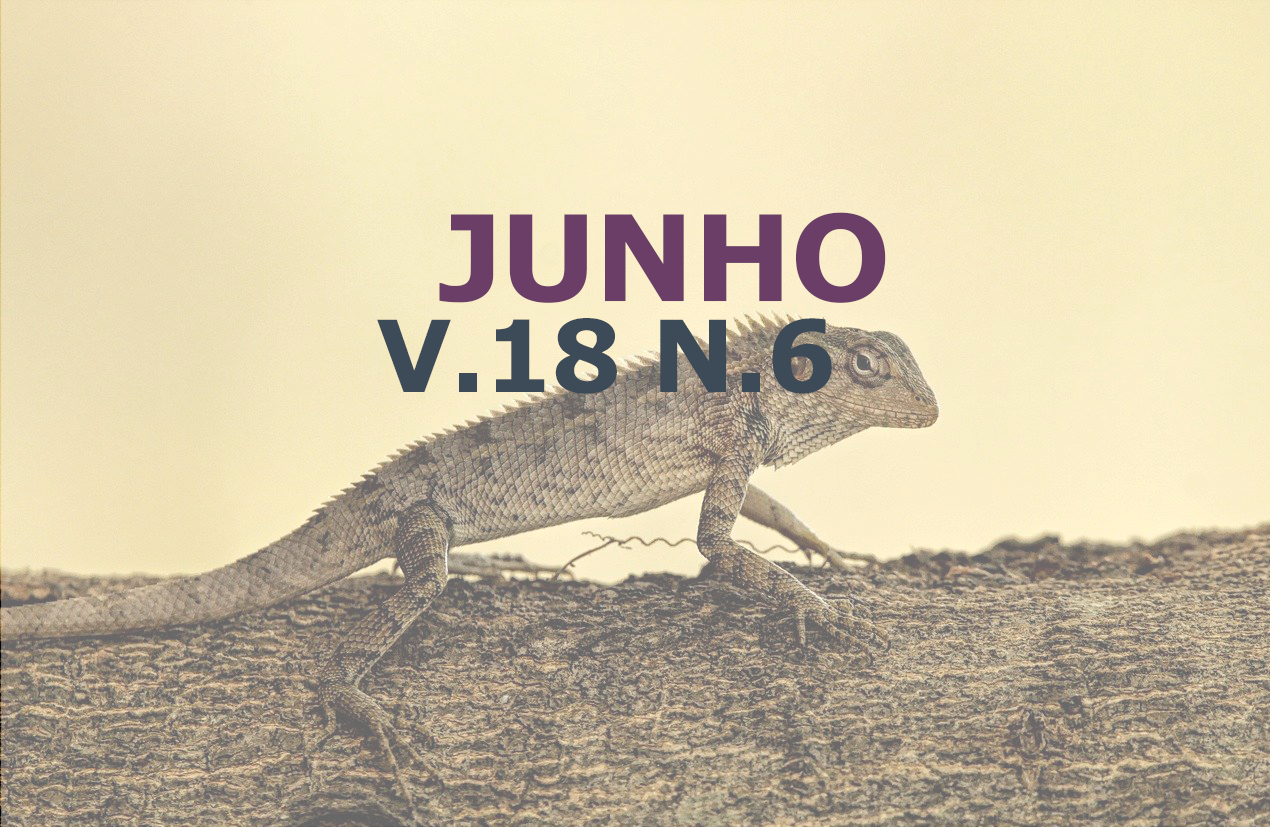Mesenteric torsion in a cat
Case report
DOI:
https://doi.org/10.31533/pubvet.v18n06e1610Keywords:
Exploratory laparotomy, feline, intestinal torsion, mesenteric volvulusAbstract
Mesenteric torsion is a rare condition in felines, usually affecting large breed dogs. Diagnosis is quite challenging due to the lack of pathognomonic clinical signs, often resulting in sudden death of the animal. This report documents mesenteric torsion in a feline with a history of severe diarrhea. Ultrasonographic exams revealed thickening of the intestinal wall, displaying a multi-layered appearance and increased echogenicity. Emergency therapy was initiated, followed by surgical intervention involving exploratory laparotomy, confirming a 360-degree mesenteric torsion in the jejunal region. Successful enterectomy and enterostomy of the incarcerated portion were performed, leading to the patient's survival.
References
Bojrab, M. J. (2014). Mecanismos da moléstia na cirurgia dos pequenos animais. Roca, Brasil.
Cairó, J., Font, J., Gorraiz, J., Martin, N., & Pons, C. (1999). Intestinal volvulus in dogs: A study of four clinical cases. Journal of Small Animal Practice, 40(3). https://doi.org/10.1111/j.1748-5827.1999.tb03058.x.
Cosenza, S. F. (1996). Recognizing and treating mesenteric torsion in dogs. Veterinary Medicine, 91(10).
Diniz, J. B. O., Martins, N. A., Saturnino, K. C., Ramos, D. G. S., Sobrinho, A. V. A., Lopes, D. T., Ziemniczak, H. M., & Ferraz, H. T. (2020). Torção intestinal pelo aprisionamento em mesentério em cão: Relato de caso. Brazilian Journal of Health Review, 3(6). https://doi.org/10.34119/bjhrv3n6-312.
Fossum, T. W. (2021). Cirurgia de pequenos animais (3ed.). Elsevier Editora.
Gagnon, D., & Brisson, B. (2013). Predisposing factors for colonic torsion/volvulus in dogs: A retrospective study of six cases (1992-2010). Journal of the American Animal Hospital Association, 49(3). https://doi.org/10.5326/JAAHA-MS-5829.
Hermeto, L. C., Padua, S. B., Freire, D. H., & Mattei, D. R. (2012). Intussuscepção ileocólica associada a torção mesentérica em um cão: Relato de caso. Archives of Veterinary Science, 17(2). https://doi.org/10.5380/avs.v17i2.24721.
Javard, R., Specchi, S., Benamou, J., Lapointe, C., Deffontaines, J. B., Planté, J., & D’Anjou, M. A. (2014). Lleocecocolic volvulus in a German shepherd dog. Canadian Veterinary Journal, 55(11).
Knell, S. C., Andreoni, A. A., Dennler, M., & Venzin, C. M. (2010). Successful treatment of small intestinal volvulus in two cats. Journal of Feline Medicine and Surgery, 12(11). https://doi.org/10.1016/j.jfms.2010.09.007.
Nelson, R., & Couto, C. G. (2015). Medicina interna de pequenos animais (3.ed.). Elsevier Brasil.
Rautala, E., Björkenheim, P., & Laitinen, M. (2017). Radiographic and ultrasonographic findings in three surgically confirmed cases of small intestinal ischemia related to mesenteric volvulus or intestinal torsion in dogs. Open Journal of Veterinary Medicine, 07(09). https://doi.org/10.4236/ojvm.2017.79010.
Shealy, P. M., & Henderson, R. (1992). Canine intestinal volvulus: A report of nine new cases. Veterinary Surgery, 21(1). https://doi.org/10.1111/j.1532-950X.1992.tb00005.x.
Soares, P. M. (2007). Torção do mesentérico: Um caso clínico. Revista Portuguesa de Ciências Veterinárias, 103, 563–564.
Tzannes, S., Batchelor, D. J., Graham, P. A., Pinchbeck, G. L., Wastling, J., & German, A. J. (2008). Prevalence of Cryptosporidium, Giardia and Isospora species infections in pet cats with clinical signs of gastrointestinal disease. Journal of Feline Medicine and Surgery, 10(1). https://doi.org/10.1016/j.jfms.2007.05.006.
Downloads
Published
Issue
Section
License
Copyright (c) 2024 Rennan Cesar da Silva, Gabriel Montoro Nicácio

This work is licensed under a Creative Commons Attribution 4.0 International License.
Você tem o direito de:
Compartilhar — copiar e redistribuir o material em qualquer suporte ou formato
Adaptar — remixar, transformar, e criar a partir do material para qualquer fim, mesmo que comercial.
O licenciante não pode revogar estes direitos desde que você respeite os termos da licença. De acordo com os termos seguintes:
Atribuição
— Você deve dar o crédito apropriado, prover um link para a licença e indicar se mudanças foram feitas. Você deve fazê-lo em qualquer circunstância razoável, mas de nenhuma maneira que sugira que o licenciante apoia você ou o seu uso. Sem restrições adicionais
— Você não pode aplicar termos jurídicos ou medidas de caráter tecnológico que restrinjam legalmente outros de fazerem algo que a licença permita.





